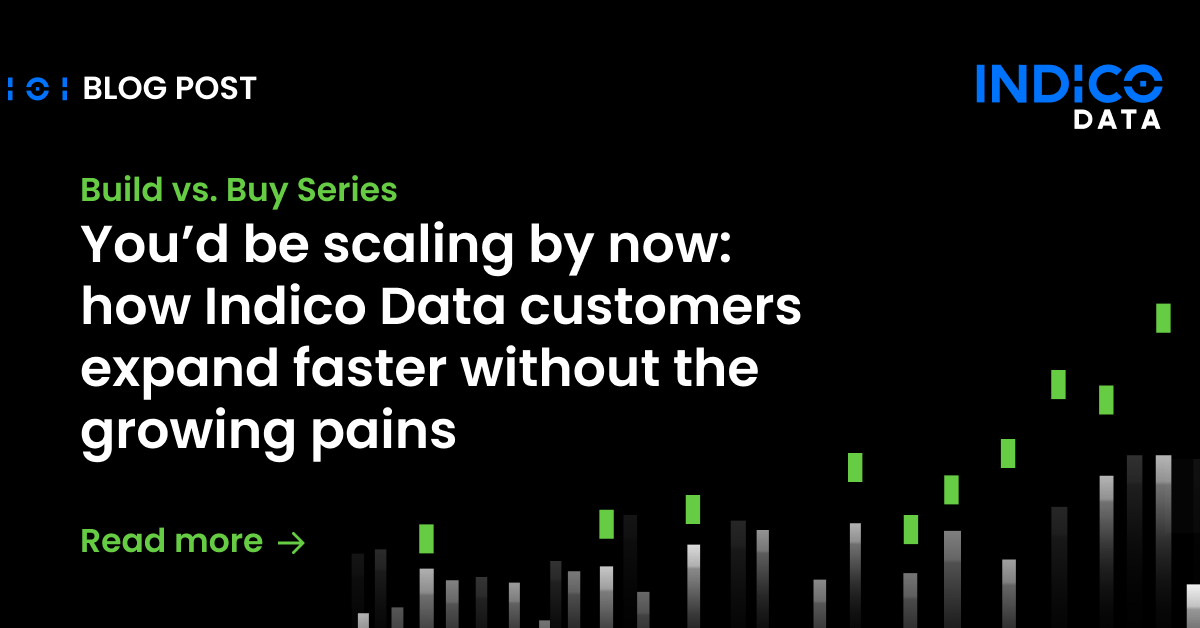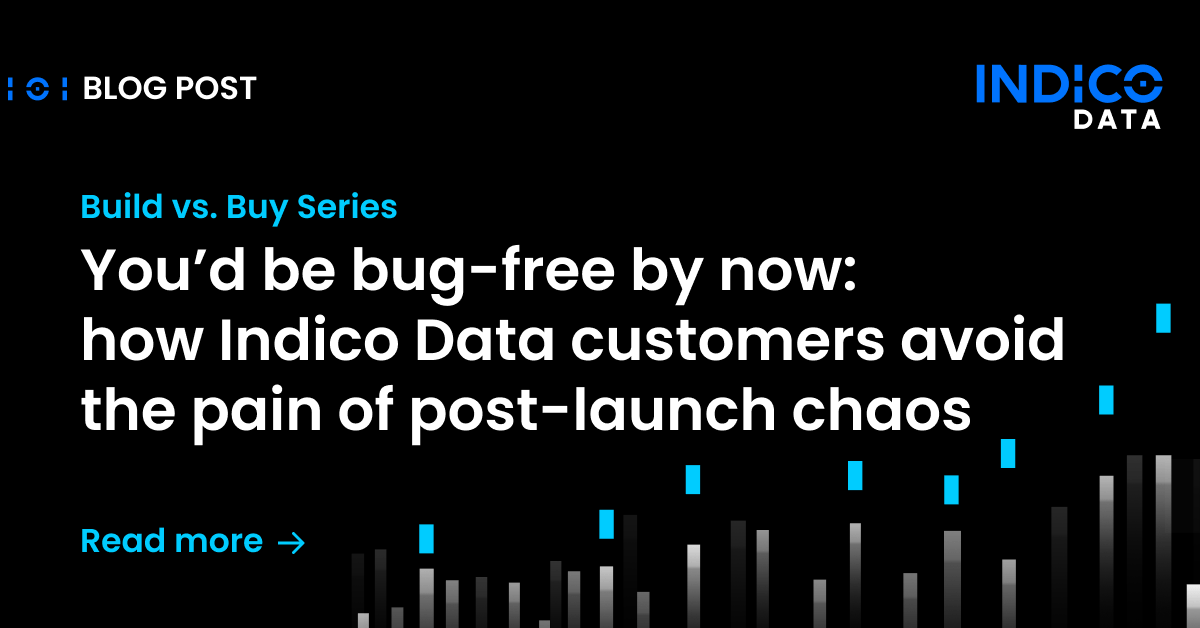During a recent episode of our Unstructured Unlocked podcast, insurance industry veteran Steven Weiss mentioned the industry is expected to be short about 100,000 people in just 2 to 4 years. It strikes me that this means the insurance industry has to do two fundamental things: increase its talent pool while also increasing the productivity of the employees it already has.
Listen to the full podcast here: Unstructured Unlocked episode 8 with Steven Weiss
Weiss is currently on garden leave from his position as Senior Vice President and Chief Underwriting Officer at Munich Re Specialty Group Insurance Services. He’s previously held Senior Vice President positions at Roanoke Insurance Group Inc., Aspen Insurance Group, and Liberty International Underwriters, in addition to running his own insurance consultancy for a few years. Let’s just say he knows of what he speaks.
“We have a people issue in the insurance industry,” Weiss said, because as baby boomers retire, they’re not being replaced rapidly enough. The reasons are likely many, including companies reducing hiring overall in uncertain economic times and the fact that positions like underwriting and claims adjusting require specialized expertise and/or training.
Increasing the insurance talent pool
Weiss is doing his part to help attract more young folks to the insurance profession and get them training. He volunteers with the Houston Marine & Energy Insurance Conference, an annual 3-day event that offers speakers, networking opportunities, and continuing education for industry professionals.
“The biggest thing we do is bring in students from different colleges to get them introduced to folks in the industry, as well as give them a chance to hear about what’s going on in the industry,” Weiss said.
The group backs that up with scholarships. “We’ll be giving away about $120,000 this year from the money we made from the conference,” he said. That adds to an already impressive tally. Since 2006, the Conference has donated over $1.5 million in scholarships and other forms of assistance to 20 law schools and universities to aid their insurance programs.
“I work with different colleges to help their people find jobs, as well as go in there and teach some courses that are kind of outside of the box for most of their instructors,” Weiss said.
Such efforts help to increase awareness of the insurance profession, which of course is step one in narrowing the insurance talent gap. Weiss offers an enticing pitch, especially to younger workers who are anxious to get ahead fast, or “want to be vice president when they walk in the door,” as he said.
“I tell them that’s something you earn, and you have to spend some time,” he says. “But you’ll probably spend less time than I did to get that title” given the scarcity of talent. Still, it’s not a sprint. “You don’t want to get ahead of your skillset or you’re going to flounder, and it could cause some issues with your career going forward.”
Related content: 3 takeaways from Guidewire Connections and one common denominator: Insurance needs automation
Crucial skills for insurance professionals
So, what are the skills that go into making a good underwriter? Some technical skills are required, including basics like logical math. But really, it’s more of a desire to learn the business, he said, and perhaps most important, not being afraid to ask questions; lots of questions.
There’s also an element of creativity to functions such as underwriting, especially in specialty areas like the marine or heavy industry. It means taking a rather esoteric issue – risk management – and turning it into something concrete to the client, meaning a policy with hard numbers attached that makes them feel confident they can conduct business. There’s satisfaction in doing that for clients, Weiss said.
So, if the foundation is basic math skills, curiosity and creativity, those are elements that may be found in a wide pool of candidates from diverse backgrounds. Most companies are interested in embracing diversity, equity and inclusion (DE&I) initiatives; here’s a great opportunity to do just that. Developing talent from within is likewise a viable option.
Related content: Be more selective in underwriting by automating the insurance submission intake process
Use technology to free up time, capture knowledge
Strategically applying technology can be an effective way to free up time of your current employees to learn new skills like underwriting and claims adjusting.
As Weiss eloquently articulated, and every insurance professional inherently knows, there’s a fair amount of grunt work involved in the insurance underwriting submission and claims processes. Reams of documents arrive via email. Armies of associates must read and categorize them, find crucial data points to extract, and input the data into downstream underwriting and claims systems.
But artificial intelligence technologies are coming to the fore that promise to change that equation. Intelligent intake platforms can “read” submission and claims forms, find the important data points and largely automate the extraction/data entry process. They’re not likely to be 100% effective, but 70% or so is well within reason. Freeing up that kind of time for multiple associates means you now have a huge talent pool to choose from in terms of identifying candidates who may be suitable for other positions. (You’ll also likely decrease your time to bind and reduce underwriting leakage.)
There’s another benefit to automating such processes that will help insurance companies better deal with all those employees who are retiring and taking institutional knowledge with them. A big part of automating any process is codifying it, meaning mapping out the exact steps those who perform the process actually take. That codification is an exercise many companies never conduct. As a result, they may find five associates who perform the same underwriting submission intake process go about it in slightly different ways, or even dramatically so.
Automation means coming to agreement on how such processes should be performed, including which data points are most important to assessing claims and writing the best possible policy in terms of loss ratio. That will require input from your most experienced underwriters and claims adjusters. So, you capture at least some of their knowledge before they walk out the door forever.
While there’s no doubt the insurance industry faces the same talent shortage that plagues many industries, Weiss has some good advice for how to address it. For more, check out the full transcript of the podcast here.
Check out the full Unstructured Unlocked podcast on your favorite platform, including:



